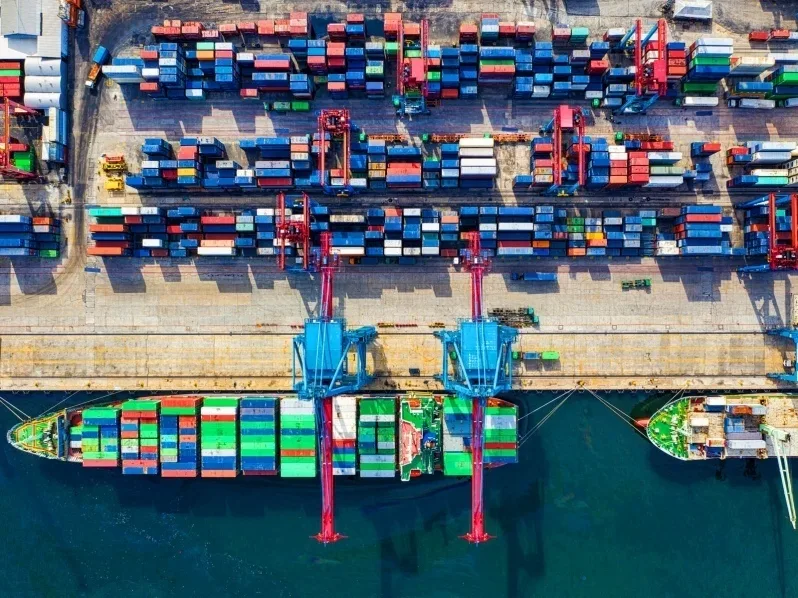By Mundo Marítimo - March 15, 2023
Experts around the world are already warning: cargo flows will take new directions from Africa and Southeast Asia. The change in post-pandemic consumption patterns, added to the restrictions and sanctions resulting from the conflict between Russia and Ukraine, have strained trade relations between the West and China, where the Asian giant is losing the role it has enjoyed in the last three decades.
The trans-Pacific route would be the one that would suffer the most from this reconfiguration of international logistics, with the friend-shoring phenomenon, which refers to the preference to source from suppliers with value and political affinity, leaving behind relations with China, similar to what happened in Europe with the energy supply after the Russian invasion of Ukraine.
It is not deglobalization
No, it is not about deglobalization as some alarmists mention, but about diversification. More routes, more calls and increased port activity in areas off the global map will present a new challenge for infrastructure and demand shaping. Precisely, the diversification of suppliers promotes development in nations that are not traditionally on the radar.
The truth is that China is no longer the most profitable market. Wages are no longer the same as before, in addition to sanitary restrictions that have compromised reliability and competitiveness. “It is a natural movement that perhaps goes a little faster [than expected],” says Rolf Habben-Jansen, CEO of Hapag-Lloyd in statements collected by ShippingWatch regarding the slow Chinese relocation.
Dispersal Challenges
The cost of friend-shoring is a more complex logistics, with more variables. Companies (carriers, forwarders, cargo owners, etc.) will have to manage more routes and more ports, in many of which larger ships will not be able to touch because they are not prepared for the imminent influx.
The key to not collapsing is the dosing of change, a planned transition and in accordance with the capacity conditions of the ports that will gain prominence in this reconfiguration of the market. The African and Southeast Asian markets are not able to process a large-scale demand, which could jeopardize the efficiency of the global supply chain if bottlenecks are generated in the locations chosen as new sources of suppliers.
Local production
An even more drastic measure is the total localization of manufacturing, as is the case of US companies, who are preferring to transfer production capacity within their own market so as not to depend on foreign suppliers and thus feel greater control over their chain. of supply. A kind of extreme 'friend-shoring', which could strain land logistics capacity or require the already highly demanded internal air capacity.
Whatever the configuration chosen by the cargo owners, the important thing is to make the transitions with measure and planning. The last few years of disruption have shown that just a few weeks of collapse can mean months of adjustments to return to a 'normal' that never returns to the way it was before.

